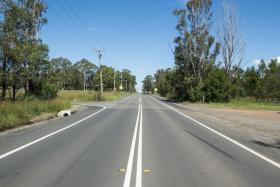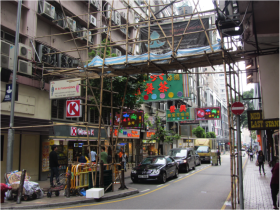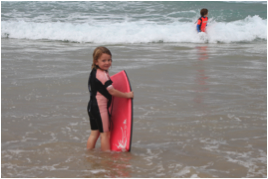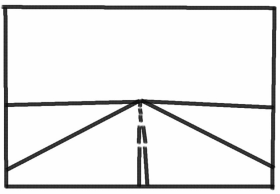People and places: visiting places - holidays
Key inquiry question #1
How are people connected to places?
Key inquiry question #2
What factors affect people’s connections to places?
Background notes for teachers
There are many reasons why people visit different places. To explore this concept students examine the places they visit and the reason for visiting. It could be a discussion about frequent visits on a local scale. For instance going to shopping centres for groceries or travelling to school each day. On the regional scale students become familiar with less frequent travel. For examplevisits to family members, hospitals, religious institutions, sport and recreational facilities, larger shopping centres and places of interest.
This unit focuses on holidays being the purpose behind visitation with students considering the different scale of travel involve. This ranges, from local, regional to global, and the lower frequency to which we travel at the global scale.
The People and Places key inquiry questions require students to understand how people are connected to places. The connection this unit explores relates to emotional connection. The purpose of holidays may be to visit family members, friends, one’s birthplace or personal interests. The destinations behind the purpose may be on a local, regional and increasingly global scale. Factors such as distance, cost, safety and time allocations influences the frequency in which we are able to access global destinations.
Activities 4 and 5 require students to share holiday destinations with other students in their class. Some students may not have had the opportunity to travel compared to others due to social and economic factors. These activities therefore need to be addressed sensitively.
Student Activities
Travel stories
As a class observe a photo of a road and allow students to share stories imagining they are travelling on this road.

Visiting places
Collectively observe various images and discuss why people visit places and the factors that influence our ability to visit places.

Places I have holidayed
Students collect personal photos or images accessed through the Internet to represent the places they have holidayed

Line drawing
Using a line drawing of a road students complete illustrations of the vehicle, destination and sign posts.

NSW Syllabus for the Australian Curriculum Geography K–6
GE1-1 describes features of places and the connections people have with places
GE1-3 communicates geographical information and uses geographical tools for inquiry
Acquiring geographical information
- pose geographical questions (ACHGS007, ACHGS013)
- collect and record geographical data and information, for example, by observing, by interviewing, or using visual representations (ACHGS008, ACHGS014)
Processing geographical information
- represent data by constructing tables, graphs or maps (ACHGS009, ACHGS015)
- draw conclusions based on the interpretation of geographical information sorted into categories (ACHGS010, ACHGS016)
Communicating geographical information
- present findings in a range of communication forms (ACHGS011, ACHGS017)
- reflect on their learning and suggest responses to their findings (ACHGS012, ACHGS018)
Place: the significance of places and what they are like (e.g location and features of local places and other places in the world).
Space: the significance of location and spatial distribution, and ways people organise and manage the spaces that we live in (e.g where activities are located and how spaces can be organised).
Environment: the significance of the environment in human life, and the important interrelationships between humans and the environment (e.g natural and human features of a place; daily and seasonal weather patterns of places).
Interconnection: no object of geographical study can be viewed in isolation (e.g local and global links people have with places and the special connection Aboriginal and Torres Strait Islander Peoples maintain with Country/Place).
Scale: the way that geographical phenomena and problems can be examined at different spatial levels (e.g various scales by which places can be defined such as local suburbs, towns and large cities).
- Asia and Australia’s engagement with Asia
- Information and communication technology capability
- Intercultural understanding
- Critical and creative thinking
- Literacy
- Numeracy
- Difference and diversity
Resources
Picture books
Oh, The Places You’ll Go by Dr. Seuss
Round Trip by Ann Jonas
Have You Seen My Dragon by Steve Light
The Journey Home by Alison Lester
Journey by Aaron Becker